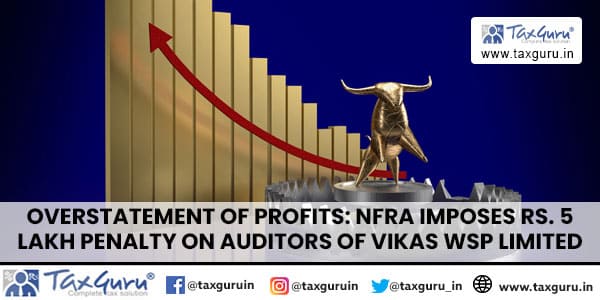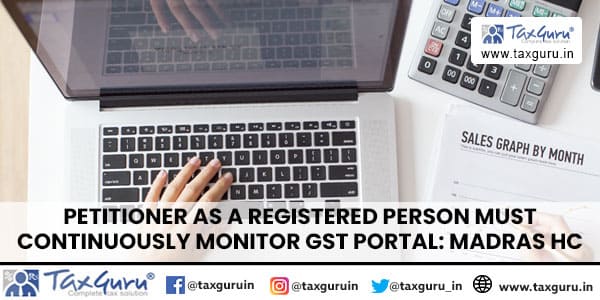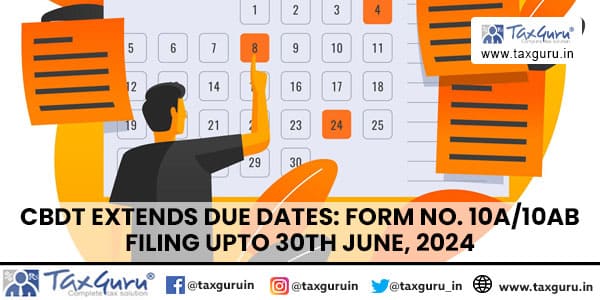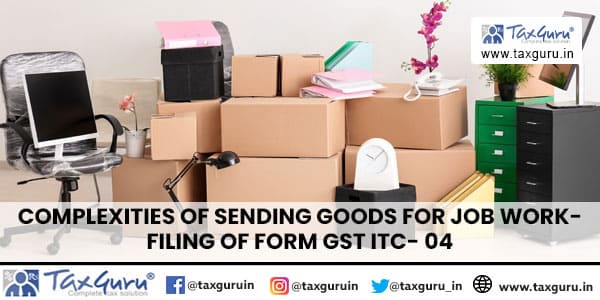In the case of Bharti Cellular the Supreme Court (SC) acknowledged the role of technical experts while deciding on tax issues arising from complex technical matters. The SC, accordingly, directed the Central Board of Direct Taxes (CBDT) to issue directions to tax authorities, including transfer pricing officers (TPOs), to take opinion of technical experts and bring on record technical evidence in cases involving complex technical issues and substantial revenue. Pursuant to the above, the CBDT has issued Instruction No. 5/2011 [F. No. 225/61/2011 – IT(A-11)] dated 30 March 2011 (Instruction).
In the case of Bharti Cellular, while dealing with the characterization of inter-connectivity payment made by a telecommunication service provider, the SC implied that human intervention may be necessary for a service to be regarded as fees for technical services under the Indian Tax Laws. However, as the determination of whether human intervention is involved in the process which was technical in nature, the SC held that the Tax Authority should present an expert opinion on the matter.
Furthermore, the CBDT was asked to issue directions to all tax authorities such that, in cases involving complex technical issues and substantial revenues, the tax authorities may not proceed only on the basis of agreements placed before them. The SC observed that India, being an emerging country, and in view of the technological advancements, such complex issues would recur and the same should be examined in light of technical evidence and expert opinions. This would also facilitate the courts to dispose the issues expeditiously based on factual foundation.
CBDT Instruction
In light of the above direction of the SC, the CBDT recently issued the Instruction. In this Instruction, the CBDT has directed tax authorities, including TP0s, that, in those cases picked up for scrutiny, the assessment proceedings should be finalized only after bringing on record appropriate technical evidence, wherever required.
The process of identification of such cases and initiation of proceedings to obtain such technical evidence should be identified well in advance and before the date of limitation. The concerned tax authorities would bring such cases to the notice of the Chief Commissioner of Income Tax (CCIT) or Director General of Income Tax (DGIT) who would look into the technical complexities of the case, monitor its progress and, if required, assist in obtaining the opinion of the concerned technical expert well within time.
The evidence of the technical expert would be made available to the concerned taxpayer whose case is being scrutinized and a reasonable opportunity would be provided to the taxpayer before the finalization of its assessment proceedings.
After a reference is made to the technical expert, as above, an intimation to the CBDT would be sent in the following prescribed format:
- Name of the case and tax year
- Brief description of the technical issue involved
- Name and address of the expert
- Tax effect
Comments: – The Instruction is an important development in the tax examination and assessment procedure as it recognizes the role of technical experts while dealing with complex and difficult technical issues that arise in taxation, especially on transfer pricing matters. While the Instruction directs the tax authorities to rely on technical experts in appropriate circumstances, one would expect that taxpayers would also be allowed to rely on technical experts to present their evidence or rebut the findings of the tax authorities’ experts, if necessary.






















The SC has, in its wisdom, though having in mind only the facts of the case, given a general direction to the effect that for ensuring a proper adjudication in this or other like situations, it is quite essential to avail of a technical expert’s opinion. The Revenue has no doubt swiftly acted in its follow-up action. Nonetheless, in one’s view, there are some important aspects which seem to have been left open, through an oversight or otherwise, to be duly considered. The most important of all is this: Do not, for an effective implementation and enforcement, the appointment of competent experts and use of technical opinion, as also related procedural matters, require to be brought in , in the form of a suitable legislation and duly framed rules there under ?
In this regard, there are several instances by way of special provisions already in place on the statute, which could be of broad guidance; e.g. Section 50 C which enjoins the AO to have the valuation of a capital asset done by a ‘Valuation Officer’.